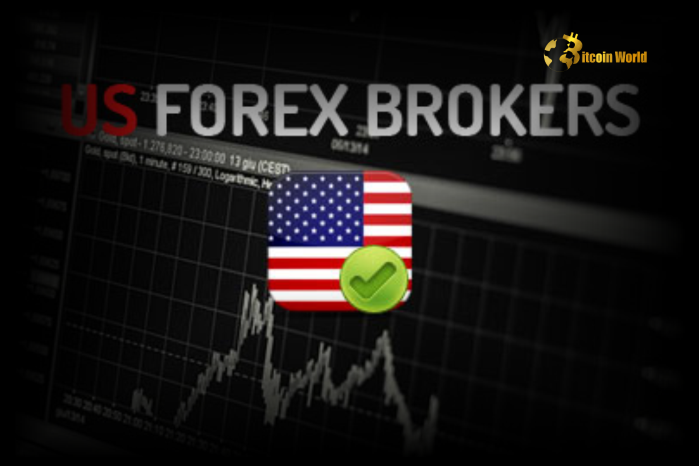Understanding Forex Taxation in the US
Understanding Forex Taxation in the US
Blog Article
How to Get Started with Forex Trading in the US
International exchange, or Forex trading, brings millions of individuals in the United Claims every year. Its absolute size and liquidity allow it to be one of the very most appealing markets globally. But, best forex trading platform in usa. takes a unique and strict way of regulating Forex activities. If you are looking to deal currencies or simply desire to know how legitimate frameworks shape the Forex industry, understanding these regulations is crucial.

Essential Appropriate Frameworks Shaping Forex in the US
Forex regulation in the United States stands apart because complete risk controls and client protections. Two major government bodies oversee many Forex actions:
• Product Futures Trading Commission (CFTC)
• National Futures Association (NFA)
The CFTC, made in 1974, is tasked with regulating the futures and possibilities areas, foreign trade included. The NFA, as a self-regulatory company, operates tightly with the CFTC to enforce principles and maintain equity in trading practices.
Enrollment and Submission
Every Forex seller or broker doing business with U.S. citizens should register with the CFTC and NFA. These entities will also be expected to stick to demanding detailed standards, including:
• Minimal net capital requirements (often greater than in different countries)
• Continuing audits
• Powerful anti-money laundering (AML) policies
• Transparent risk disclosure
Violations can cause significant fines or a permanent bar from the market. This regulatory structure aims to stop scam, defend investors, and increase industry integrity.
Key Constraints on Forex Actions
Foundational defenses influence how Forex operates in the U.S.:
• Control restricts: The NFA pieces a optimum control of 50:1 for important currency pairs and 20:1 for minors. That is far lower than several world wide areas, supporting defend unskilled traders from significant losses.
• Segregation of funds: U.S. law involves that customer resources are held split from broker working funds. This calculate safeguards traders in the event a broker becomes insolvent.
• Advertising and disclosure: Firms must obviously explain dangers, charges, and trading mechanisms to clients. Misleading or hostile solicitation techniques face rigid penalties.
Enforcement and Penalties
U.S. agencies frequently monitor for fraudulent systems, insider trading, and illicit industry manipulation. Statistical data from enforcement studies reveals a steady structure of penalties and settlements lately, displaying constant vigilance. This setting, while stricter than many elements of the entire world, creates a better playing field for retail and institutional traders alike.
What things to Consider as a US Forex Trader
Recent tendencies disclose a continuous rise in regulatory activities, an emphasis on consumer training, and constant improvements to submission requirements. If you intend to deal Forex in the U.S., it's important to:
• Ensure a broker's active subscription position
• Remain current with regulatory changes
• Evaluation risk disclosures before generally making trades
This process reduces unforeseen losses and increases your prospects in a firmly governed but powerful marketplace. By understanding legal rules, U.S. traders may confidently be involved in the Forex market while staying within the variables of the law.
Report this page